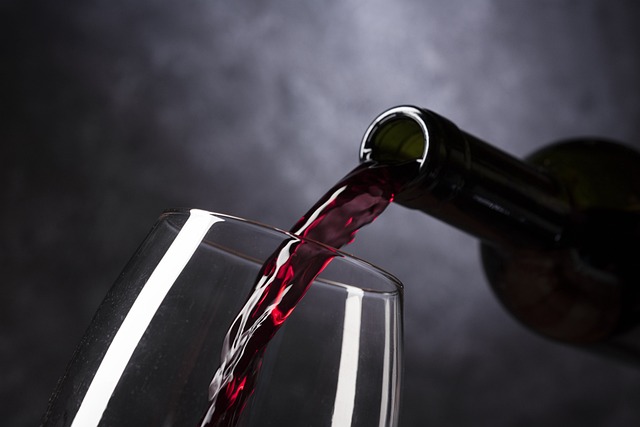
The EU has Allowed Ireland, the First Country to Officially Request it, to Use the Wording “Seriously Harms Health” Even on Alcohol Labels and Wine Producers, Including Italians, are Not in It
Ireland is on its way to becoming the first European nation to adopt a health information system, for alcoholic beverages, as it already does for products for smokers, using the wording “serious damage to health” on the labels. Among the products that will undergo this integration there is also wine which, for many producers and consumers, should not be considered as a spirit that could really harm the health of those who consume it in large quantities.
The European Union does not seem to want to pronounce itself in relation to the matter, agreeing, in fact, to the modification of the label of all alcoholic products sold in the Anglo-Saxon country. For analysts, Ireland’s step could serve as an example and lead other countries to take the same path, especially in Northern Europe, where alcohol consumption is much higher than that of other European countries.
The issue of health information that would encourage more responsible alcohol consumption had already been discussed in Strasbourg by the European Parliament and a decision had been made for gradual and less invasive additions on the labels but without agreeing to excessively invasive wording for a product which, however harmful, for many it still cannot be compared to cigarettes and other products dangerous to health. Since then, in fact, in many countries the labels advised a sparing consumption of the drink but purely health information was not contemplated.
Among the detractors of the Irish initiative, as well as some consumers, there are producers who would like to avoid further criminalization of alcohol and among them, the workers of the Italian wine industry, already strongly affected by counterfeiting and by the well-known problems with harvests damaged by the vagaries of the climate in recent years. Italian wine producers would agree on more comprehensive information displayed on the labels, in favour of the consumer so as to make him sufficiently informed for more conscientious consumption, but they would not like to exaggerate with overly invasive health slogans.
In Ireland, alcohol consumption is so high that it is considered a real national health emergency, therefore the government has decided to crack down and take every possible initiative to discourage alcoholism, especially for the youngest. Ireland, however, does not produce wine and, with such positions, in fact, it would penalize only the European countries that benefit from its production, such as Italy, France and Spain.
The prospect of a European regulation on the question of the new labelling for spirits frightens all wine-producing countries which, forced to integrate health information, would have to apply double labels on the bottles produced, putting at risk a supply chain which guarantees, only in Italy, 1.3 million jobs and is the main item of agri-food exports. Italy is the largest exporter of wines in the world and the quality of the exported product, according to insiders, should in no way be affected by alarmist information on consumption. Italy has always been the nation most interested in changes to the rules relating to agri-food products in Europe as the homeland of the Mediterranean diet, often questioned by other states who would like a counterproductive regulation.
Italy will oppose in every possible way the attempt by foreign multinationals to standardize food and wine quality in order to reduce costs and increase revenues. The quality of some of the Italian culinary products has always been considered among the best and most controlled in the world and the comparation of the effects of a good glass of wine with those of a cigarette is unacceptable.
Alessandro Fiorentino



 Subscribe
Subscribe